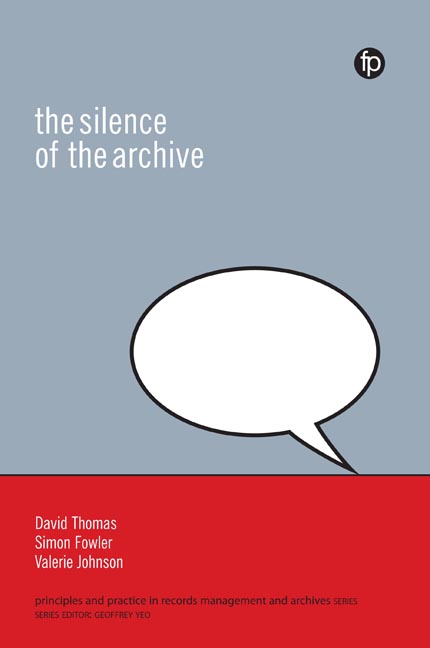Book contents
Introduction
Published online by Cambridge University Press: 08 June 2018
Summary
It all started with a visit to Leningrad in Soviet days.1 When the economist E. F. Schumacher (1978; in Harley, 1988) was there, he lost his way and consulted a map, but this did not help because Schumacher could see several large churches from where he was standing, but there was no trace of them on his map. Eventually, an interpreter explained to him that churches were not shown on maps. Schumacher went on to say that it then occurred to him that all through school and university he had been given maps of life and knowledge on which there was hardly a trace of many of the things he most cared about and that seemed to him to be of the greatest importance to the conduct of his life. For many years he had been perplexed and no interpreter had come along to help him. Following this incident, he said that he ceased to suspect the sanity of his perceptions and began to suspect the soundness of the maps.
Following on from this, the map historian J. B. Harley (1988) undertook a critical examination of early modern maps. He based his interpretation on the theoretical philosophical viewpoint that things which were absent from maps were as much a proper field for enquiry as things which were present and that silences should be regarded as positive statements and not merely as passive gaps. He also took some insights from sociology, particularly from Michel Foucault. He drew on the idea of powerknowledge: that there is a close link between power and knowledge; that power creates knowledge and that maps could be seen as tools of state measurement, enquiry, examination and coercion. He argued that the need for state secrecy and commercial confidentiality, as well as purely technical, cartographic factors, led to silences on maps. In addition, he used Foucault's idea of the episteme – that each society has its regime of truth, its general politics of truth, which impacted on cartography. As a result, early modern maps which were influenced by Euclidian ideas about space being uniform and continuous, depicted towns as being much the same as each other, the villages were more or less identical and were arranged in a neat taxonomic hierarchy.
- Type
- Chapter
- Information
- The Silence of the Archive , pp. xix - xxviPublisher: FacetPrint publication year: 2017
- 3
- Cited by



